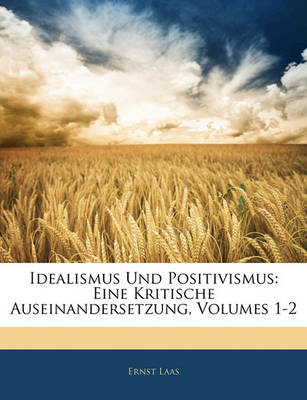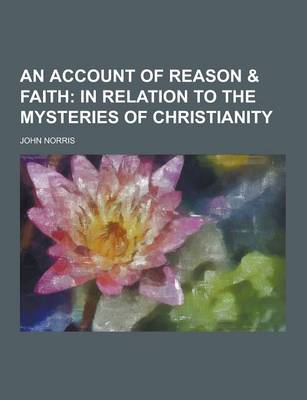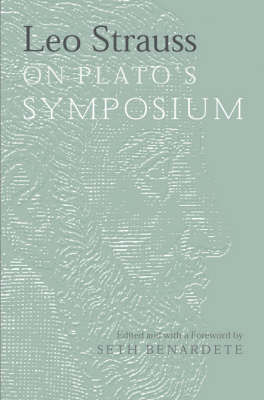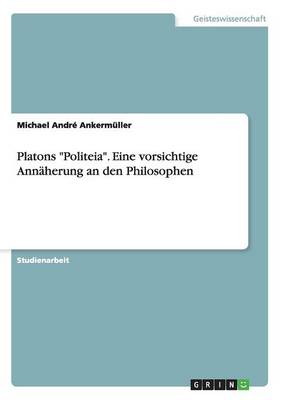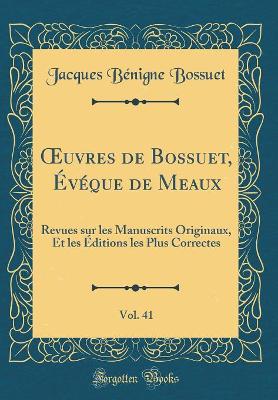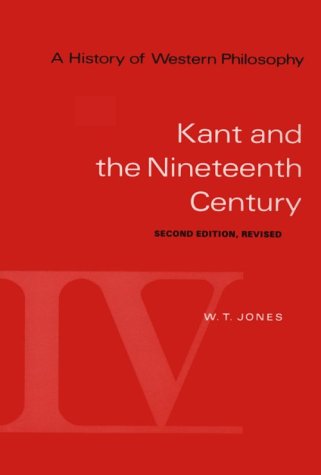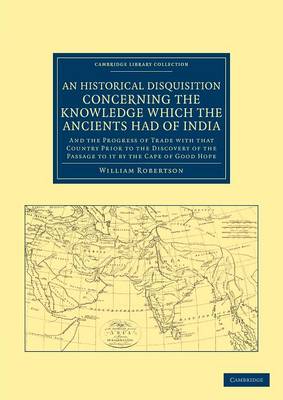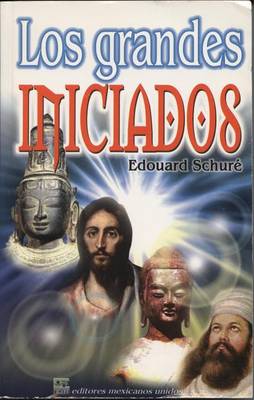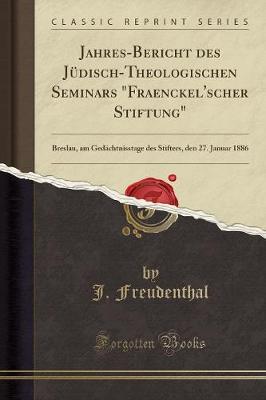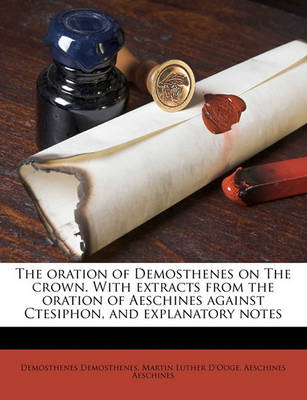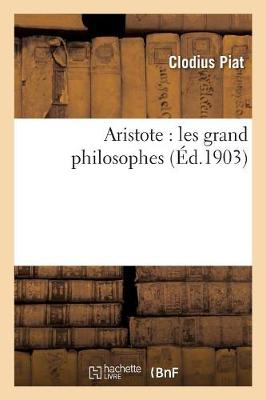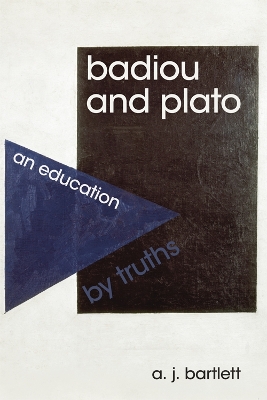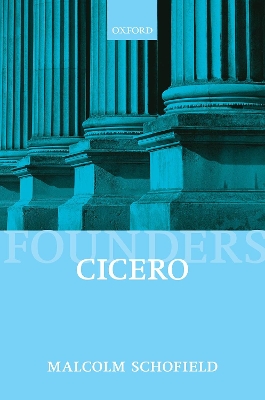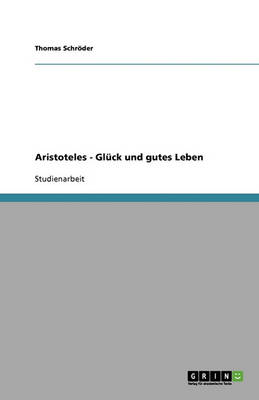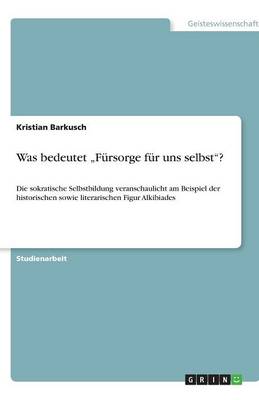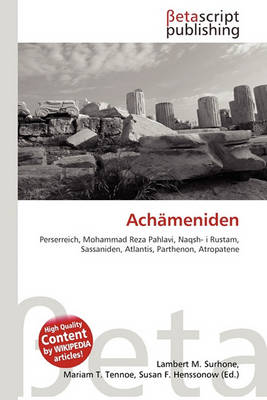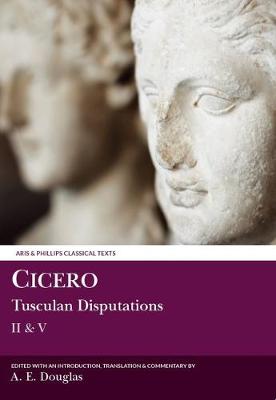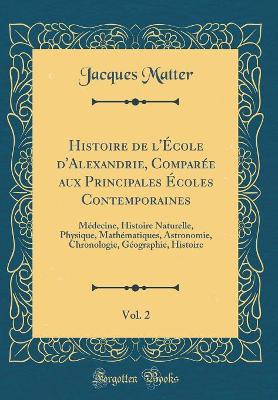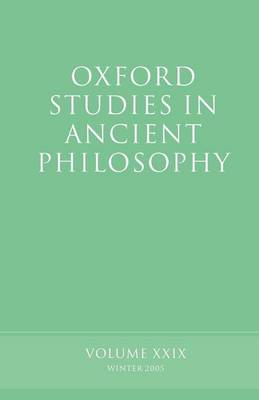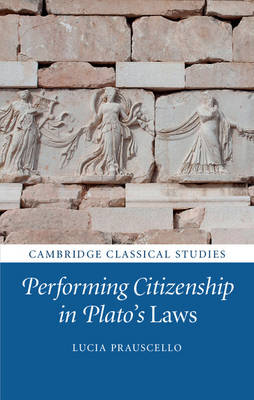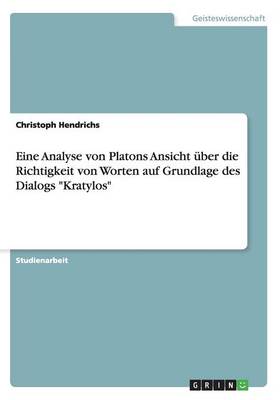In this volume Leo Strauss presents a coherent and complete interpretation of Plato's "Symposium", proceeding by meticulous reading, from beginning to end. Strauss, operating on the idea that commentary is an useful method of expounding the truth, sheds light on the meaning of the dialogue and its place in the Platonic corpus, and also on a host of other topics, including the nature of eros and its place in the overall economy of human life, the quarrel between poetry and philosophy, and the cha...
The True Founder of Christianity and the Hellenistic Philosophy
by Max Rieser
Aristotle on Meaning and Essence. Oxford Aristotle Studies. (Oxford Aristotle Studies)
by Fellow and Tutor in Philosophy David Charles
Platons Politeia. Eine vorsichtige Annaherung an den Philosophen
by Michael Andre Ankermuller
Oeuvres de Bossuet, Eveque de Meaux, Vol. 41
by Jacques-Benigne Bossuet
A history of Western Philosophy that concentrates on major figures in each historical period, combining exposition with direct quotations from the philosophers themselves. The text places philosophers in appropriate cultural context and shows how their theories reflect the concerns of their times.
William Robertson (1721-93), Principal of the University of Edinburgh and historiographer to His Majesty for Scotland, published this work in 1791. Already famous for a History of Scotland, which went into many editions, and a History of America, Robertson aimed to synthesise all earlier western accounts of the subcontinent from classical times to the sixteenth century. Beginning with a consideration of the practical difficulties facing explorers from Europe and Africa who headed east, Robertson...
Jahres-Bericht Des Judisch-Theologischen Seminars "fraenckel'scher Stiftung"
by J Freudenthal
This is the first book to critically address and draw consequences from Badiou's claim that his work is a 'Platonism of the multiple' and that philosophy today requires a 'platonic gesture'. Examining the relationship between Badiou and Plato, Bartlett radically transforms our perception of Plato's philosophy and rethinks the central philosophical question: 'what is education?'
Cicero (Founders of Modern Political and Social Thought)
by Malcolm Schofield
This book offers an innovative analytic account of Cicero's treatment of key political ideas: liberty and equality, government, law, cosmopolitanism and imperialism, republican virtues, and ethical decision-making in politics. Cicero (106-43 BC) is well known as a major player in the turbulent politics of the last three decades of the Roman Republic. But he was a political thinker, too, influential for many centuries in the Western intellectual and cultural tradition. His theoretical writings st...
Cicero: Tusculan Disputations II & V (Aris & Phillips Classical Texts)
The Fifth Tusculan Disputation is the finest of the five books, its nearest rival being the First (also edited in this series). The middle three books, represented in this edition by the Second, are, as the author clearly intended, less elevated, though still showing Cicero's flair for elegant and lively exposition, and providing much valuable information about the teaching of the main Hellenistic philosophical schools, especially the Stoics. They argue that the perfect human life, or complete h...
Histoire de l'Ecole d'Alexandrie, Comparee Aux Principales Ecoles Contemporaines, Vol. 2
by Jacques Matter
Performing Citizenship in Plato's Laws (Cambridge Classical Studies)
by Lucia Prauscello
In the Laws, Plato theorizes citizenship as simultaneously a political, ethical, and aesthetic practice. His reflection on citizenship finds its roots in a descriptive psychology of human experience, with sentience and, above all, volition seen as the primary targets of a lifelong training in the values of citizenship. In the city of Magnesia described in the Laws eros for civic virtue is presented as a motivational resource not only within the reach of the 'ordinary' citizen, but also factored...
Eine Analyse von Platons Ansicht uber die Richtigkeit von Worten auf Grundlage des Dialogs Kratylos
by Christoph Hendrichs
Lexicon Platonicum 3 Volume Set (Cambridge Library Collection - Classics)
by Friedrich Ast
The German philosopher and philologist Friedrich Ast (1778-1841) published this monumental lexicon in three volumes (1835-8). A professor of classical literature at the University of Landshut and member of the Bavarian Academy of Sciences, Ast wrote widely on the history of philosophy. He edited a complete edition of Plato with Latin translation, identifying spurious interpolations and false attributions, using this as a basis for his Lexicon. The entries give citations both from Plato and from...
